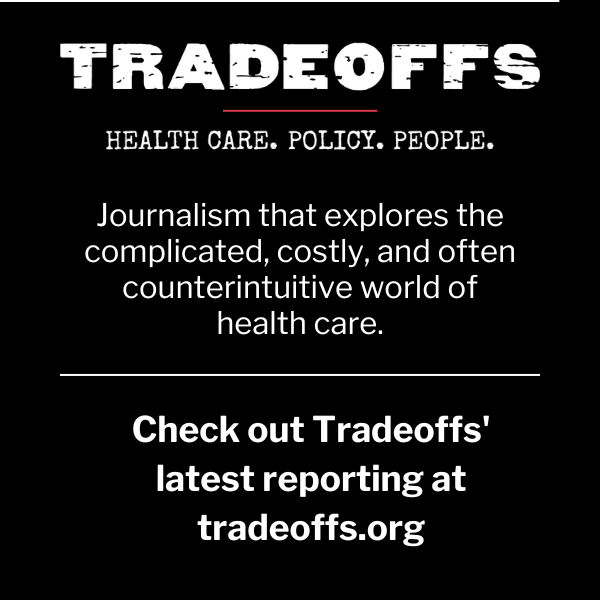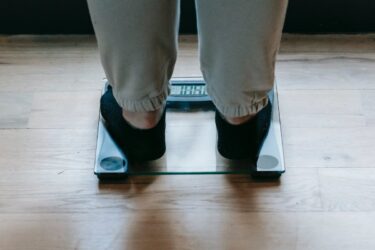A California appeals court in November overturned a ruling that barred the state from sharing the personal information of registered gun owners for research purposes.
The ruling, which overturned a San Diego Superior Court decision that such data-sharing violates privacy, was a win for the state’s firearm researchers, particularly the Firearm Violence Research Center based at UC Davis.
Research on firearm violence was limited for decades as the result of the 1996 Dickey Amendment. Though the data is only accessible to researchers, rulings like this have the potential to improve reporting on firearm violence because journalists rely on robust research that provides context, explains the issues and offers solutions.
“The court’s decision is an important victory for science. It reaffirms the value of objective evidence in understanding and intervening on important health problems, firearm violence among them,” Dr. Garen Wintemute, a professor in emergency medicine and director of the Center, told The San Diego Union-Tribune.
“For more than 30 years, researchers at UC Davis and elsewhere have used the data in question to conduct vital research that simply couldn’t be done anywhere else,” he added. “We’re glad to be able to return to that important work, which will improve health and safety here in California and across the country.”
‘Unique opportunity for research’
California law mandates that the data be shared with researchers. But the Superior Court enjoined the state Department of Justice last year from providing the personally identifying information. The appeals court in November ordered the Superior Court to reverse that decision and deny the injunction.
This ruling maintained the state’s important practice of record-keeping on gun ownership and providing researchers with that data to better understand firearm violence and identify potential solutions.
California state law has required the state’s DOJ to maintain all records of “handgun transfers” happening in the state since at least the 1950s, according to the appeals court ruling.
Since at least 1989, the state DOJ has granted UC Davis researchers access to data on gun owners, according to the ruling.
“This data provides a unique opportunity for research not available anywhere else,” the ruling stated. “Researchers at the University of California, Davis have been utilizing that data in research studies aimed at understanding and preventing various forms of firearm violence.”
The data include name, date of birth, address, occupation, criminal history, gender and a physical description, according to the ruling.
Continuing the research
Access to that data became especially crucial for researchers in 1996 after the U.S. Congress passed an omnibus bill that included what became known as the “Dickey Amendment,” which effectively stifled CDC-funded research on gun violence.
At the time, according to the ruling, the CDC considered firearm violence to be a public health issue and funded studies that aimed to reduce firearm deaths and injuries.
But the Dickey Amendment put a stop to that and prevented the use of federal funding to advocate for or promote gun control.
The ruling noted that the Firearm Violence Research Center was established in 2016 by the California Legislature “with the goals of overseeing interdisciplinary research addressing the nature and consequences of firearm violence, and working with policymakers to identify, implement, and evaluate innovative firearm violence prevention policies and programs.”
But soon after, the state’s DOJ began restricting the Center’s access to data. Then the state legislature passed a bill in 2021 requiring the department to share all necessary data, including personally identifying data, the ruling noted.
In the coming years, research on firearm violence is expected to continue to expand as federal funding has become more available. Congress allocated $25 million annually to the CDC and the NIH starting in 2019 in an effort to revive funds for gun violence research.
Resources
Data on firearm violence is often tough to access or even find. Here are some reliable sources to reach out to about obtaining data:
- Gun Violence Archive is a non-profit that provides comprehensive and detailed data on gun violence incidents in the U.S. The online archive collects information on incidents from 7,500 law enforcement, media, government and commercial sources daily to provide near-real time data about gun violence.
- CDC’s National Violent Death Reporting System (NVDRS) is another good data source.
- In this specific case, the University of California Davis Violence Prevention Research Program is a great resource on both understanding the implications of this decision and in general for robust research on










